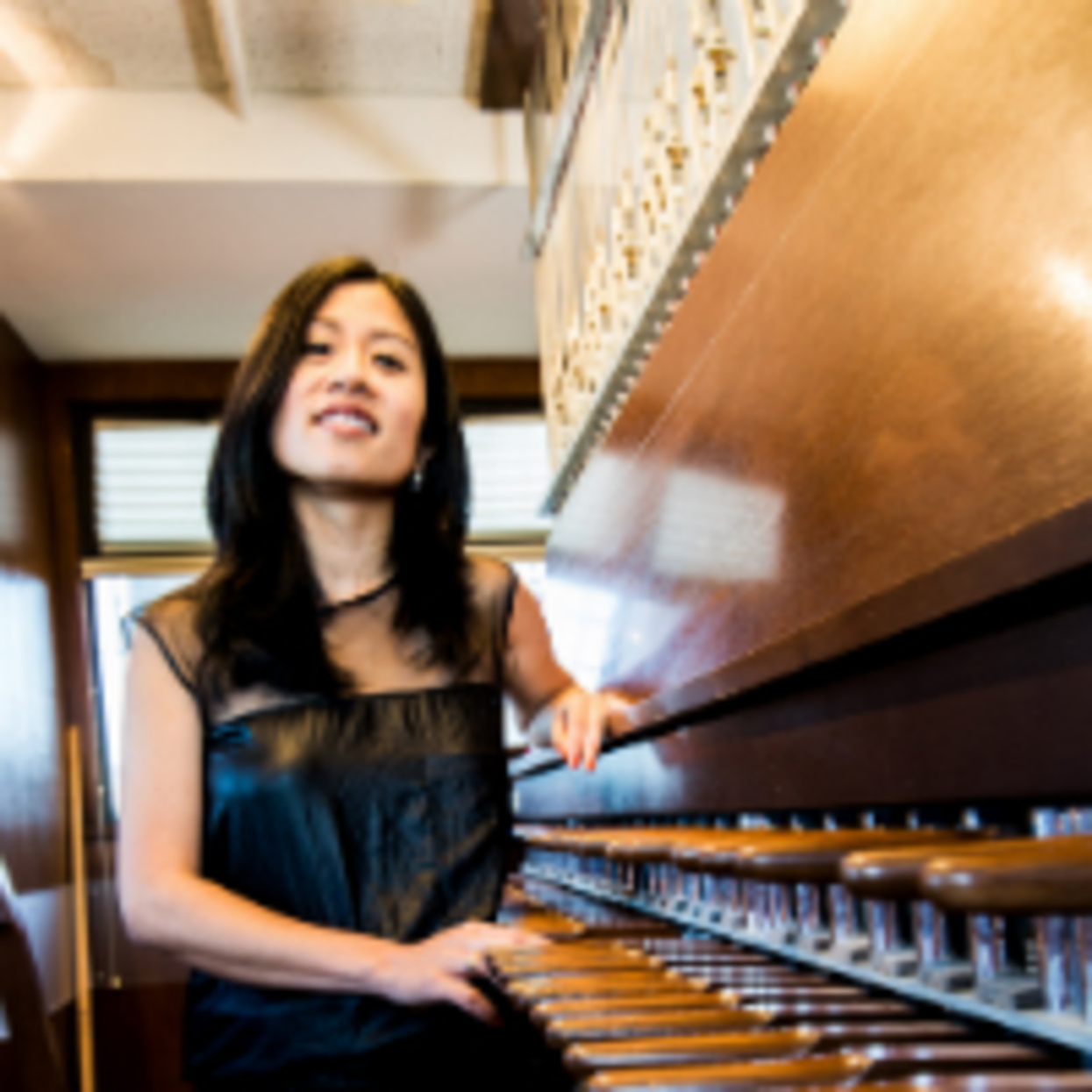Announcing the 2014 Peter Lyman Fellow

The Berkeley Center for New Media is pleased to announce that the 2014 Peter Lyman Fellowship has been awarded to Tiffany Ng, Ph.D. candidate in Music, with a Designated Emphasis in New Media.
The Peter Lyman Fellowship in new media was was established in memory of esteemed UC Berkeley Professor Peter Lyman. The Fellowship seeks to support a Ph.D. candidate in the writing of his or her dissertation on a topic related to new media through a summer stipend.
Tiffany Ng’s research project – “Classical Music in the Chinese Global City: New Performing Arts Centers and the Formation of a Cosmopolitan Public” – challenges the Western-centric axiom that classical music is dying through a global perspective. Since the 1990s, China has outpaced all other countries in opening performing arts centers, investing billions of dollars in futuristic “grand theaters” that incorporate new media technologies and differing drastically from the cultural centers of Europe. Classical music has claimed a central role in China’s ongoing construction of a cosmopolitan public, and Tiffany explores how the West’s canonical musical past has become the East’s future by focusing on the technologies transforming China’s classical music concerts on an individual and institutional level.
Tiffany investigates four changing areas of institutional and audience uses of technology and technological metaphors. First, she studies the concert as policed spaces. Ushers wield laser pointers to stop countless audience members photographing and recording performances on their mobile phones, enforcing the West’s behavioral norms of active listening and preventing piracy. Second, she examines how young only-children, accompanied by their mothers, form a major part of audiences, as they are trained towards a global citizenship and offered cultural capital. Third, she considers the role of Poly Group, the state-owned corporation formerly owned by the People’s Liberation Army (PLA). teasing apart the organization’s military-industrial-cultural complex. Finally, Tiffany locates the origins of expectations and behaviors specific to Chinese audiences within the intersection of architecture and new media, analyzing the effect of of over-amplification and screen culture in these halls.
Tiffany’s research aims to challenge the notion of East and West, the classic and the new, in twenty-first-century transnational cultural flows.
The Lyman Fellowship will support Tiffany’s endeavours by assisting her in her initial phase of research. Tiffany plans to travel to Shanghai and Guangzhou in China during the fall concert season to interview audience members, concert hall employees, and scalpers. She additionally seeks to design an open database of her qualitative research data so that visitors can contribute information and media objects, such as photographs, recordings, opinions, and memories.
The Fellowship is generously supported by donations from Professor Barrie Thorne, Sage Publications, and individual friends and faculty.
Peter Lyman served as University Librarian and a Professor in Information Studies. His research focused on online information and ethnographic analyses of online social relationships and communities. As the Director of the Digital Youth Project, he studied how children use digital media in their everyday lives. Peter Lyman served numerous editorial and advisory boards, including Sage Publications, the Council on Library and Information Resources, the Art History Information Project at the Getty Trust, and the Internet Archive.
